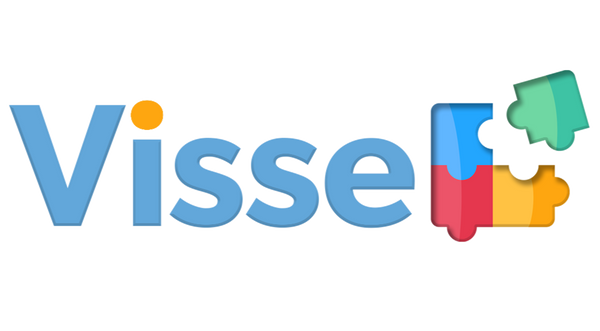
In today's fast-paced world, the pressure to excel and succeed can be overwhelming. For individuals with Attention Deficit Hyperactivity Disorder (ADHD), this burden is often amplified by an additional psychological challenge: Imposter Syndrome. In this blog post, we will delve into the intriguing connection between ADHD and Imposter Syndrome, understanding how these two hidden struggles can intertwine and impact the lives of those who experience them. We will also explore coping mechanisms and strategies to overcome these challenges and embrace our unique strengths.

The Basics of ADHD
ADHD is a neurodevelopmental disorder that affects millions of people worldwide, making it one of the most prevalent mental health conditions. Characterized by symptoms such as inattention, impulsivity, and hyperactivity, individuals with ADHD may find it challenging to concentrate on tasks, follow through on responsibilities, and manage time effectively. These symptoms can lead to difficulties in academic, professional, and personal settings, often resulting in feelings of frustration and self-doubt.

Understanding Imposter Syndrome
Imposter Syndrome, on the other hand, is not a clinical disorder, but rather a psychological pattern in which individuals doubt their abilities and fear being exposed as "frauds" despite evident accomplishments. People with Imposter Syndrome tend to downplay their achievements, attribute success to luck, and constantly compare themselves to others, perpetuating a cycle of self-doubt and inadequacy.

The Overlap and Connection
The link between ADHD and Imposter Syndrome lies in the experiences of individuals who struggle with both. Due to the nature of ADHD, which often affects executive functions like organization and attention to detail, individuals may face challenges in meeting societal expectations and maintaining conventional pathways to success. This difficulty in fitting the mold and achieving traditional milestones can pave the way for Imposter Syndrome to take root.
Furthermore, people with ADHD might perceive their neurodivergent traits as deficiencies or weaknesses in a world that prioritizes conformity. They may internalize negative feedback from teachers, employers, or peers, further fueling feelings of inadequacy and reinforcing Imposter Syndrome tendencies. This internal struggle to conform and the fear of being exposed as incompetent can exacerbate the Imposter Syndrome experience.

Coping Strategies and Embracing Individuality
- Seek Professional Support: If you suspect you have ADHD or Imposter Syndrome, seeking professional help is vital. An accurate diagnosis and therapy can provide valuable insights and coping mechanisms to manage both conditions effectively.
- Build a Support Network: Surround yourself with understanding and empathetic individuals who appreciate your unique qualities and challenges. Sharing experiences with others who have similar struggles can be empowering and reduce feelings of isolation.
- Challenge Negative Thoughts: Practice self-compassion and challenge negative thought patterns. Acknowledge your achievements and reframe your perceptions of success. Remember, everyone has strengths and weaknesses.
- Set Realistic Goals: Break down big tasks into smaller, achievable steps. Celebrate every milestone reached, no matter how small, and recognize progress along the way.
- Embrace Neurodiversity: Understand that neurodivergent traits bring unique perspectives and strengths. Embrace your individuality and acknowledge that diverse minds contribute to a rich and innovative society.
Conclusion
ADHD and Imposter Syndrome can be formidable challenges for those who experience them, but they are not insurmountable. By understanding the connection between these two hidden struggles, we can adopt supportive strategies and foster a culture that values neurodiversity. Let us recognize the strength in our differences and work together to create a world where every individual is celebrated for their unique contributions. Remember, you are not alone, and your journey is as worthy and valid as anyone else's. Embrace your strengths, overcome your obstacles, and let your authenticity shine through.



